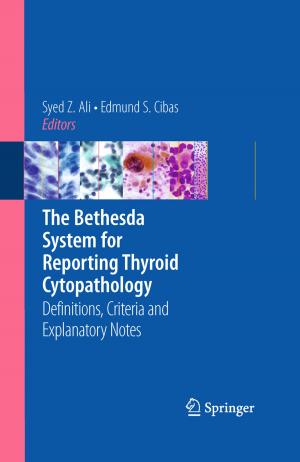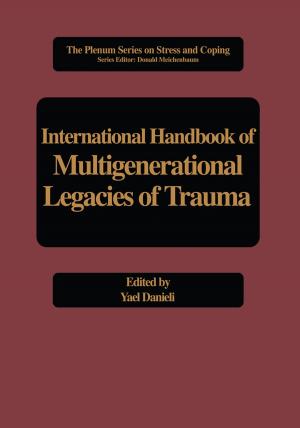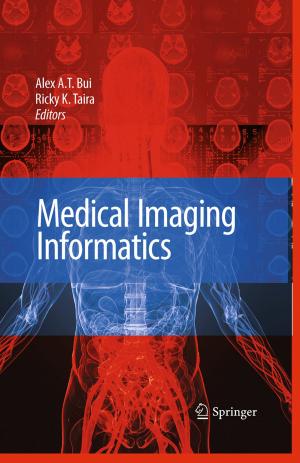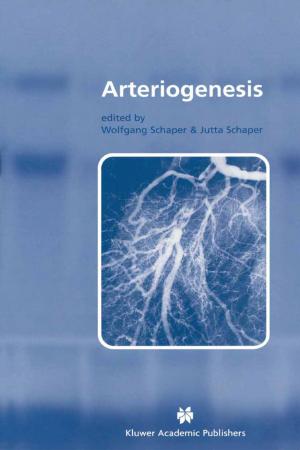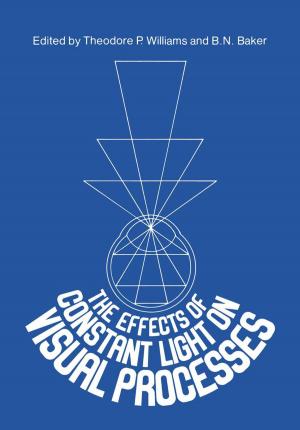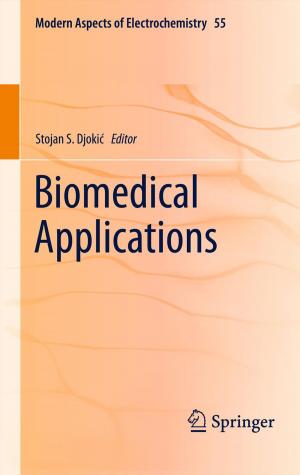A Multidisciplinary Analysis of Controversies in the Management of Prostate Cancer
Nonfiction, Health & Well Being, Medical, Specialties, Urology, Oncology| Author: | Donald S. Coffey | ISBN: | 9781461316671 |
| Publisher: | Springer US | Publication: | December 6, 2012 |
| Imprint: | Springer | Language: | English |
| Author: | Donald S. Coffey |
| ISBN: | 9781461316671 |
| Publisher: | Springer US |
| Publication: | December 6, 2012 |
| Imprint: | Springer |
| Language: | English |
These proceedings emanate from the Second Prouts Neck Conference on prostate cancer held on October 17-19, 1986, the theme of which was treat ment, with focus on current issues and future research that is needed to answer critical questions related to optimal management of the various stages of prostate cancer. The objective was to reveal the most crucial problems impeding progress and to crystallize the combined multidisci plinary input generated by the conference into focused concepts or recommendations for presentation to the National Cancer Institute (NCI) , with the ultimate intent of targeting research to address the priority issues identified. In organizing the workshop, every effort was made to maintain a multidisciplinary balance among nationally renowned authorities on prostate cancer. Thus, leading surgeons, radiation and medical onco logists and biostatisticians were in equal presence. While there were spirited exchanges with careful scrutiny and critique of all data pre sented, there was a common belief that the challenge of prostate cancer would be best approached in this multidisciplinary Organ Systems-oriented fashion. During the course of the conference, it became apparent to all present that major nomenclature and procedural barriers have made it generally difficult, and frequently impossible, to compare results of clinical research.
These proceedings emanate from the Second Prouts Neck Conference on prostate cancer held on October 17-19, 1986, the theme of which was treat ment, with focus on current issues and future research that is needed to answer critical questions related to optimal management of the various stages of prostate cancer. The objective was to reveal the most crucial problems impeding progress and to crystallize the combined multidisci plinary input generated by the conference into focused concepts or recommendations for presentation to the National Cancer Institute (NCI) , with the ultimate intent of targeting research to address the priority issues identified. In organizing the workshop, every effort was made to maintain a multidisciplinary balance among nationally renowned authorities on prostate cancer. Thus, leading surgeons, radiation and medical onco logists and biostatisticians were in equal presence. While there were spirited exchanges with careful scrutiny and critique of all data pre sented, there was a common belief that the challenge of prostate cancer would be best approached in this multidisciplinary Organ Systems-oriented fashion. During the course of the conference, it became apparent to all present that major nomenclature and procedural barriers have made it generally difficult, and frequently impossible, to compare results of clinical research.





